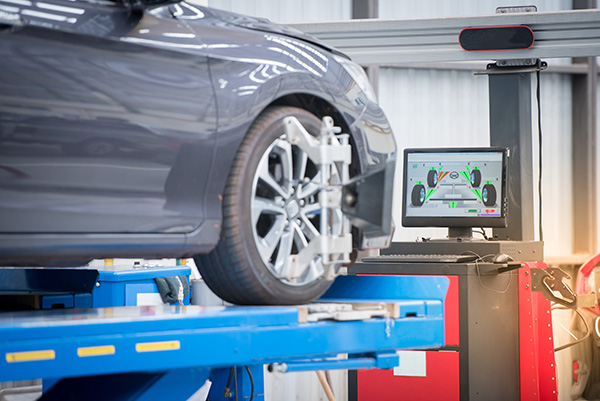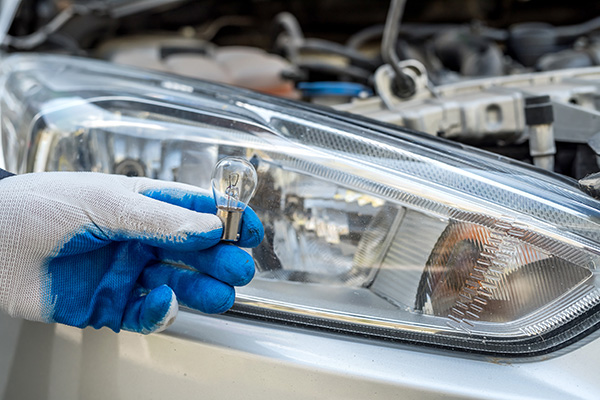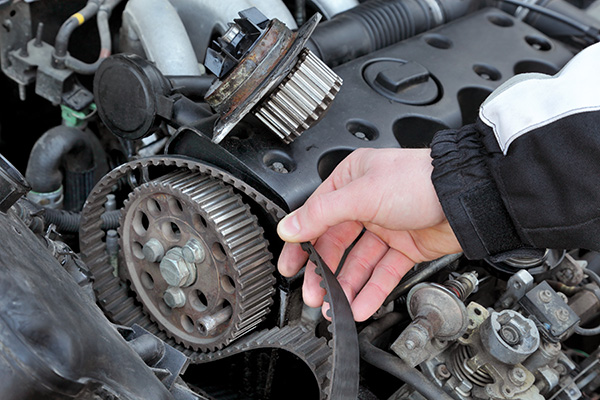Posted on 12/19/2025
%20copy.jpg)
Unexpected car bills have a way of showing up at the worst possible time. One month everything seems fine, the next month you are staring at a big estimate and wondering how you will squeeze it into your budget. The good news is that most of those “surprise” expenses are predictable once you know what your car usually needs in a year. Why Car Costs Feel Like They Come Out of Nowhere Most drivers think in terms of gas and maybe an oil change or two. Tires, brakes, fluids, and bigger services live in the background until something wears all the way out. Shops see the same pattern every year. People delay maintenance because the car still feels okay, then several items land at once and the bill looks huge. Another reason it feels so random is that maintenance does not follow your paycheck schedule. You might go three months with no shop visit, then get hit with tires and brakes in the same week. Budgeting is really about smoothing that out so the money is s ... read more
Posted on 11/28/2025

Wheel alignment keeps steering stable, tires wearing evenly, and driver assist features behaving as designed. Still, a lot of advice about alignments is outdated or just plain wrong. Let’s clear up the most common myths so you know when an alignment truly protects your car and budget. 1. “Alignment Is Only for Cars That Pull.” A steady pull is one symptom, not the only one. Slight toe errors can shave rubber off the inner or outer shoulders without any obvious drift. You may notice a faint steering wheel tilt, light feathering across the tread, or a car that feels “busy” on straight roads. Catching small angle changes early prevents premature tire replacement. 2. “You Only Need an Alignment After a Big Hit.” Curb strikes and potholes can definitely bend things, but normal wear moves angles too. Rubber bushings relax with age, springs settle, and tie-rod ball sockets develop tiny amounts of play. Even a fre ... read more
Posted on 10/31/2025

Are you replacing your headlight bulbs more often than seems normal? Many drivers run into this frustrating problem, thinking it’s just bad luck or poor-quality bulbs. But in most cases, rapid headlight burnout has an underlying cause. Understanding what’s really going on can help you fix the issue and stop going through new bulbs every few months. Common Causes of Frequent Headlight Burnouts There’s rarely a single reason headlights fail early. Several factors can shorten bulb life, especially when combined. Here are some of the most common culprits: High voltage levels Modern vehicles regulate voltage through the alternator and electrical system. If your car is pushing more voltage than it should, even slightly, it can overheat the filament inside the bulb and reduce its lifespan. Improper installation If the glass part of the bulb is touched during installation, oil from your fingers can create hot spots. These ... read more
Posted on 9/26/2025

The timing belt might not get much attention compared to brakes or tires, but it plays a vital role in how your engine functions. It keeps the crankshaft and camshaft in sync so that your engine’s valves open and close at the right time. When it wears out or snaps, serious engine damage can happen in seconds. Knowing when to replace your timing belt can save you from expensive repairs and prevent sudden breakdowns. Here's what you need to know. What Does the Timing Belt Do Your engine relies on precise timing to run smoothly. The timing belt connects the crankshaft to the camshaft and ensures that the engine’s valves and pistons move in perfect coordination. In many engines, especially interference engines, if the timing is off by even a little, the pistons can collide with the valves. That kind of contact can bend or break parts, and usually means a very costly repair. The timing belt is also often responsible for driving the water pump, which make ... read more
Posted on 8/29/2025

Your engine depends on oil to run smoothly. Motor oil lubricates moving parts, reduces friction, and helps control temperature inside the engine. Without it, metal components grind against each other, creating heat and wear that can lead to catastrophic failure. That’s why even a small leak matters. While many drivers assume a few drops of oil on the driveway are harmless, the truth is that ignoring a minor oil leak can quickly snowball into major repair costs and serious engine damage. Early Warning Signs of a Leak Oil leaks are often easy to spot if you know what to look for. Dark spots or puddles under the vehicle after it has been parked are the most obvious signs. A burning smell inside the cabin, smoke from the engine bay, or the oil warning light on your dashboard can also point to a leak. If your oil level seems to drop faster than expected be ... read more